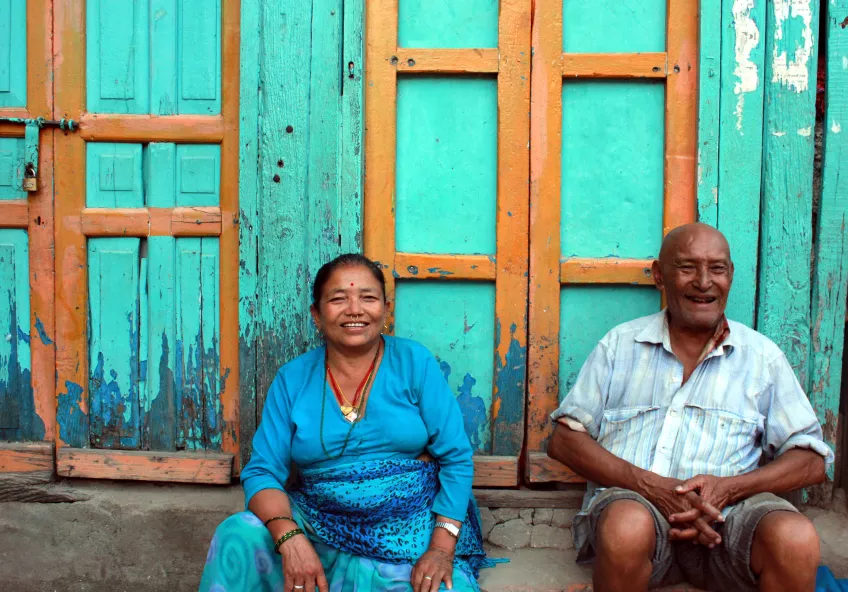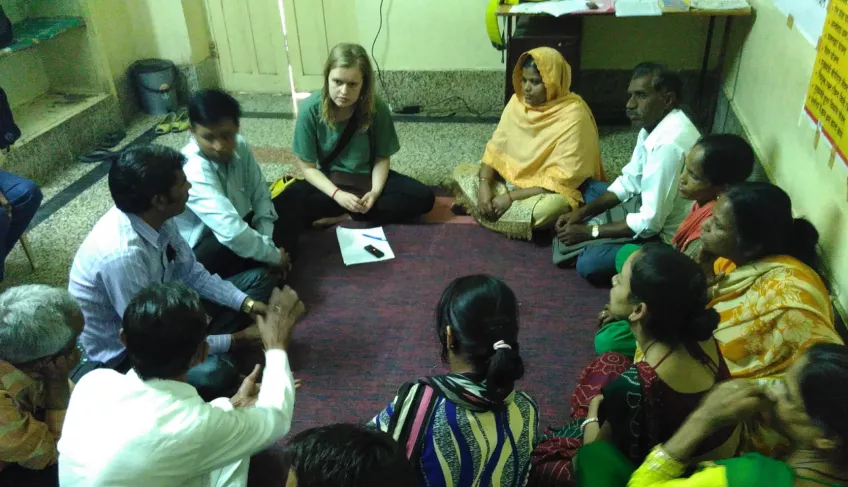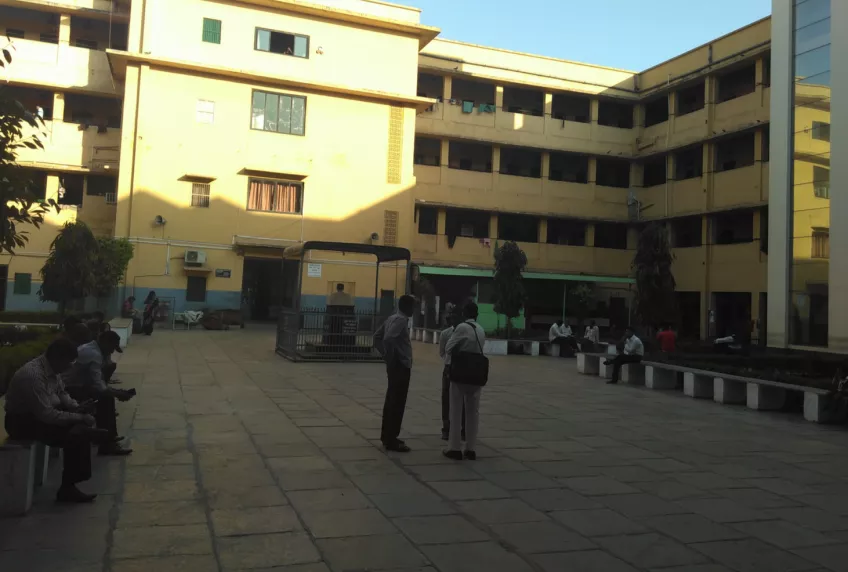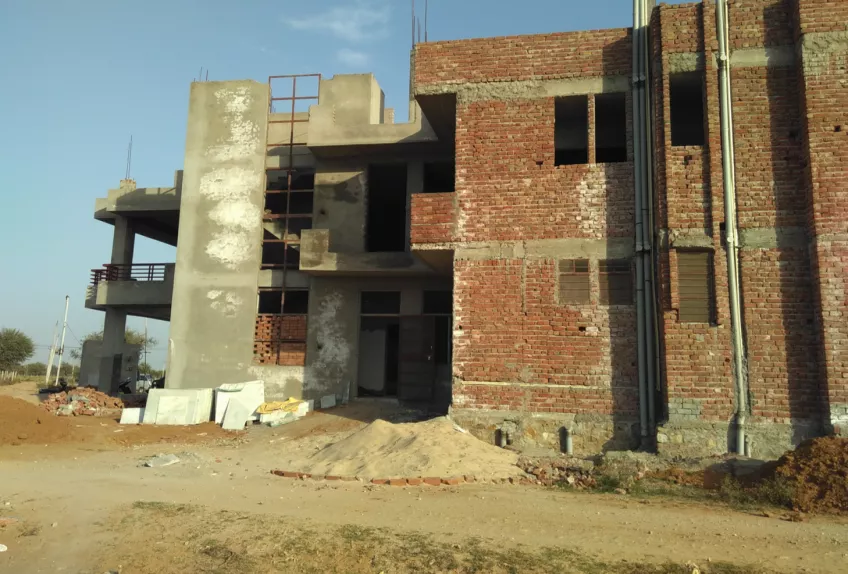Spring 2017
On 8 February 2017, decisions were taken regarding the latest round of SASA Travel Grants for Lund University students. For the Spring semester 2017, SASA awarded travel grants to three Lund University students in order to undertake a field study in any of the eight South Asian countries.
The successful candidates were:
- Riya Raphael, PhD student at the Department of Gender Studies. Riya will travel to Delhi in India for her project which aims to investigate how neighbourhood traders in Delhi, called bartanwale, navigate and cope with the fast-changing globalising Indian economy, while continuing to practice their barter-based practices.
- Celia Ahlqvist Boltes, student from the Journalist programme. Celia will travel to Nepal to make a reportage that deals with post-distaster life for Nepalese trekking guides.
- Therese Boje Mortensen, Masters student in European Master (E.MA) of Human Rights and Democratisation (taking courses at the Master of Human Rights Law at Lund University). Therese will travel to Rajasthan in India for her project which aims to investigate to what extent rights-based approaches to poverty reduction could faciliate the best interests of the child in a way that reduces instituationalisation of children in situations of poverty in India.
The application round was open during January 2017 for students enrolled at Lund university at full time study programmes, preferably including a South Asia focus. The purpose of the travel grants is to give the students the opportunity to visit South Asian countries to carry out their field work and directly engage with local actors to achieve more objective and thorough results. The funding comes from SASNET, that also provides the students assistance with connections and resources needed to complete high quality field work.
Celia Boltes
Celia Boltes, journalist student at Lund University, received SASA travel grant in the spring of 2017. In September 2017 she travelled to Nepal for a field work. Celia has now returned to Lund and has written a report.
Celia Boltes' report:
During the spring of 2017 I was happy to achieve the South Asian Student Association's travel grant. I had been traveling in Asia many times before, and I was also present during the earthquake that struck the country the 25 of April 2015. Because of this reason I had I great love for the country, but I also knew that Nepal was still struggling from the aftermath of the disaster. As a journalist student I often think about blank spots regarding news coverage, and I definitely think that Nepal is one of those spots. I decided that I wanted to write a long read about post disaster recovery in the country to spread the knowledge and gain a greater understanding about people’s life conditions.
I travelled to Nepal in September 2017 and was there for approximately 2,5 weeks. During my time in and around the capital Kathmandu I got to talk to many interesting, inspiring and amazing people. My field work was a great deal of making contact with people that was interesting for my story. I would like to recommend everyone who is travelling to a new place to use Facebooks function “events near me”. There you can find a lot of happenings going on in a city, where the events are taking place, and who else is interested in the event. Also, never underestimate a spontaneous meeting with someone on the street or at a café.
The result of my trip to Nepal was a long read focusing on the fact that the tourist numbers are back to what they were before the disaster, but the people in Nepal are still suffering from trauma. My long read contains three cases: A mother and daughter working as teachers in Bhaktapur (an area that is on UNESCO’s world heritage list and was badly damaged during the earthquake), a Nepalese woman working with distaste relief as an agent for the United Nations, and a Nepalese trekking guide who, even though he was badly traumatized, is back working in the mountains to be able to support his family.
The long read will soon be published in the magazine Sydasien.
Therese Boje Mortensen
Therese wrote some words about her trip:
"I spent two weeks in Jaipur, Rajasthan, India, to conduct interviews and participant observation of an institution for HIV-infected/affected children. The purpose of the field trip was to explore local practices and perceptions of institutionalisation, in order to compare them to international human rights law, specifically the Convention on the Rights of the Child, and its Article 20 that provides for special protection for children ‘deprived of a family environment’. During the trip, I interviewed children, their families, care home staff, authorities, experts and medical professionals specialised in HIV/AIDS counselling. The main findings were that there exists a significant gap between international (and national) law, which prioritises the ‘family environment’ and encourages de-institutionalisation, and the local practices. In reality, children were placed in institutions quickly by the district’s Child Welfare Committee, without considering family-based alternative care options. The local perceptions of institutional care was also in stark contrast to the international human rights norms, as most care home staff and parents considered institutions to be the ‘best care’. Families put their children in institutions due to the social stigma the children would otherwise experience being infected or affected by HIV/AIDS; due to the poverty in rural Rajasthan; and due to the genuine conception that children would get better education and care in an institution than at home".



